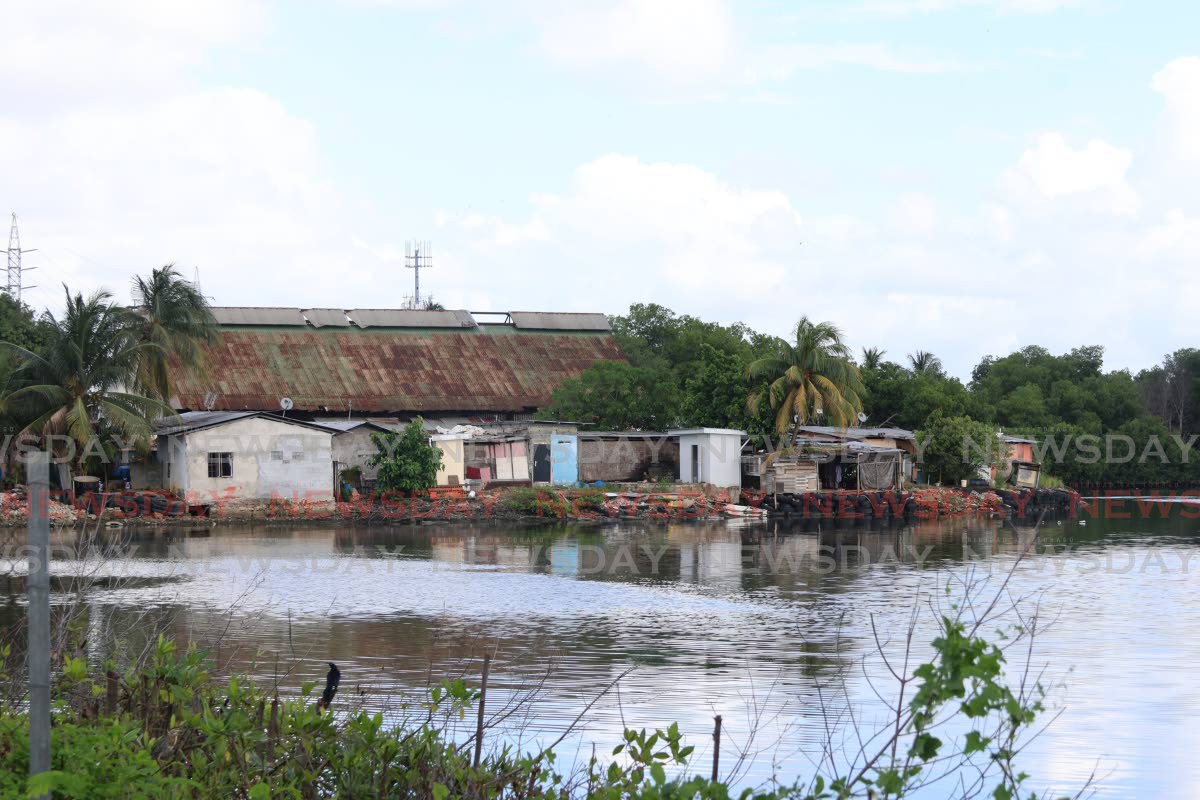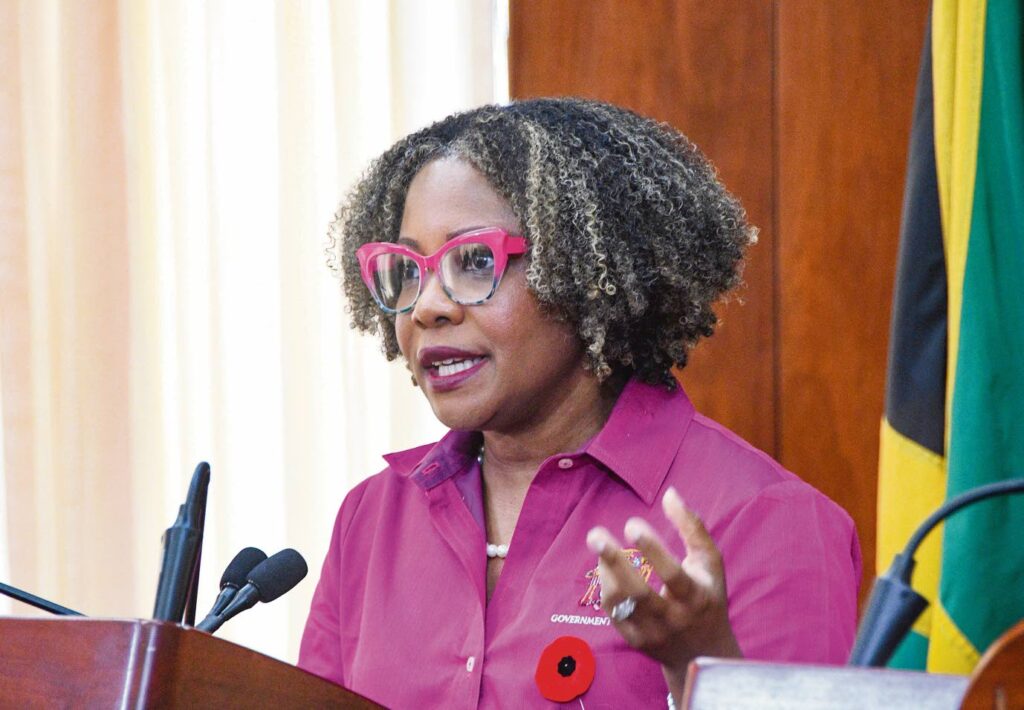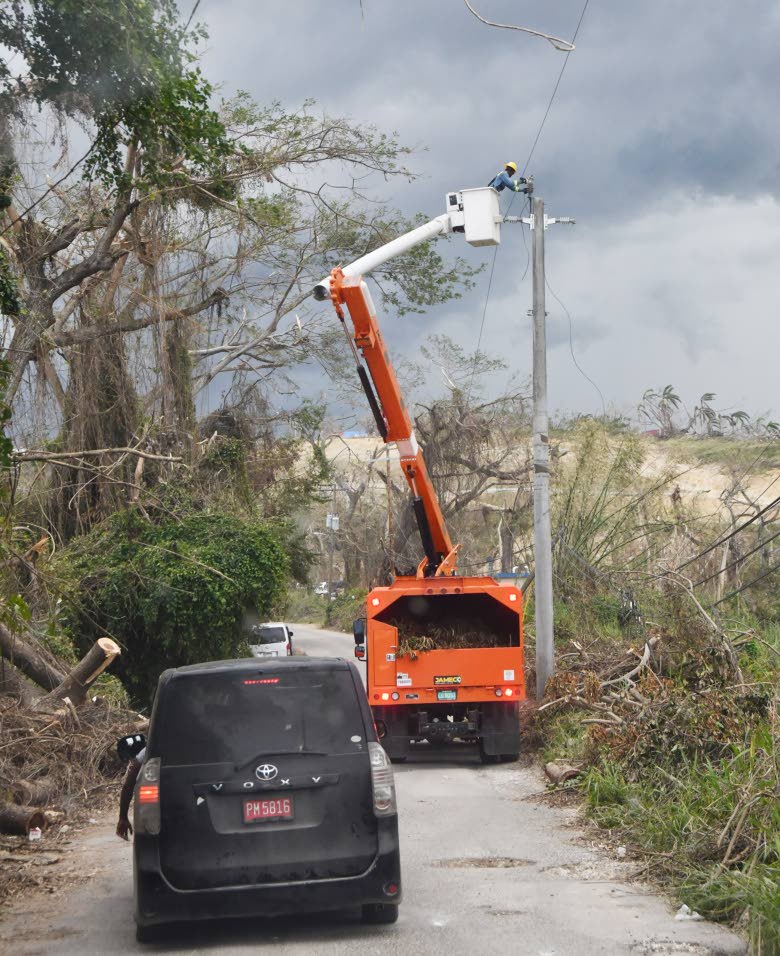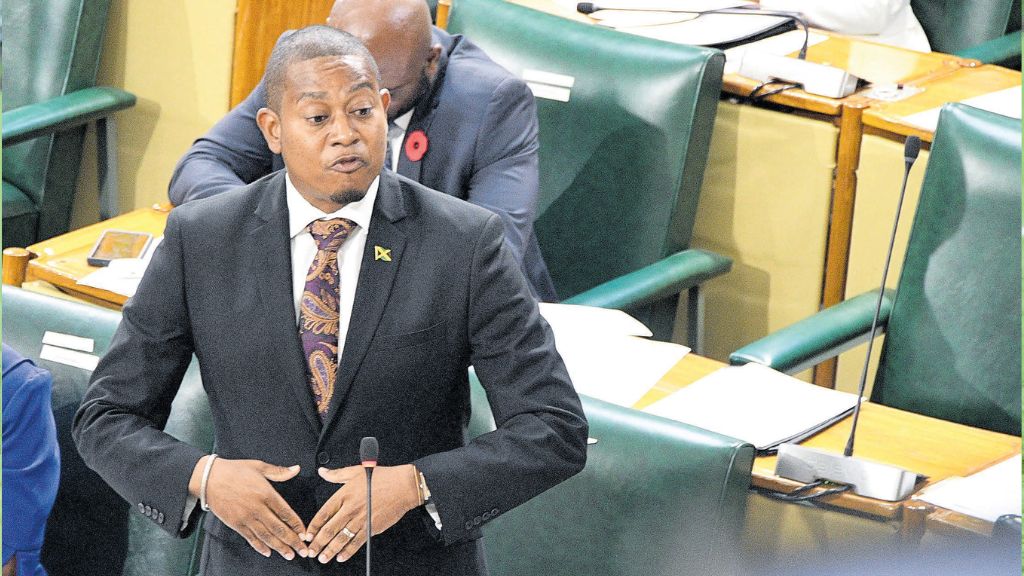Trinidad and Tobago’s bureaucratic school transfer system is under scrutiny, with legal and educational experts warning of potential State liability for failing to uphold children’s right to education. Attorney and child rights activist Denelle Singh has called on parents and guardians to explore legal avenues when confronted with systemic delays. Her comments follow a case reported by Newsday, where an Arima teenager has been out of school for two years due to transfer inefficiencies. Singh emphasized that the Education Act mandates full-time schooling for children aged 5-16, with parents facing prosecution and fines for non-compliance under Section 77. However, she stressed that the Ministry of Education bears a legal duty to provide adequate public school placements and ensure enrollment for all children within this age range. Singh highlighted the plight of vulnerable children, including those in State care, who face additional hardships due to the slow transfer process. She also criticized the broader failures of the education system, noting that children with special needs and migrant children are often overlooked, despite public outcries. Singh questioned whether education in Trinidad and Tobago is truly free, given the disparities in access and quality. She pointed out the lack of specialized schools and trained teachers for children with special needs, forcing many parents to seek costly private education or quit their jobs to homeschool their children. Walter Stewart, president of the National Council of Parent Teacher Associations, urged parents to keep their children in school during transfer delays and follow the proper channels to escalate unresolved issues. He emphasized the importance of adhering to the system’s chain of command to achieve resolution.
博客
-

Bodoe: Include wellness in HSE framework
In a compelling address at the American Chamber of Commerce’s TT (Amcham TT) 15th Annual National Excellence in HSE Awards ceremony, Trinidad and Tobago’s Health Minister, Dr. Lackram Bodoe, emphasized the urgent need to evolve the traditional Health, Safety, and Environment (HSE) framework into a more comprehensive model that includes wellness. The event, held on November 10 at the Hyatt Regency in Port of Spain, brought together key stakeholders to discuss the critical role of HSE in safeguarding both human lives and economic productivity.
-

Grand revitalisation plan leaves Sea Lots residents sceptical
Residents of Sea Lots, a community in Trinidad and Tobago, have expressed mixed feelings about the government’s national revitalisation blueprint, which includes plans to build an industrial park in their area. While some are open to relocation if compensated fairly, others are staunchly opposed, citing the community’s unique value and their deep-rooted connections to the area. The government’s plan, unveiled by Works and Infrastructure Minister Jearlean John, aims to create a 100-acre industrial park and free trade zone to boost trade and create jobs. However, residents remain skeptical, given past unfulfilled promises by previous administrations. Many fear being relocated to substandard housing and losing the sense of community and security they currently enjoy. The government has promised robust consultations, but residents demand transparency and fair treatment. The community’s skepticism underscores the challenges of implementing large-scale development projects in areas with strong local identities and histories.
-

Gov’t to roll out temporary homes for hurricane victims
In response to the devastation caused by Hurricane Melissa, the Jamaican Government has unveiled plans to provide safe and dignified temporary housing for displaced families. Information Minister Senator Dr. Dana Morris Dixon announced the initiative during a press briefing at the Office of the Prime Minister, emphasizing the urgency and humanity driving the effort. The Category 5 hurricane has left numerous families homeless, many of whom are currently housed in shelters that are far from ideal. Dr. Morris Dixon highlighted the need for facilities that respect the dignity of those affected, stating, ‘If we were in the same position, we would want a facility that honors our dignity.’
The Government is actively reviewing proposals for temporary housing units that can be swiftly deployed across the hardest-hit parishes. These units are being designed with durability and safety in mind, ensuring they can withstand future weather events. Dr. Morris Dixon noted that the solutions will not be one-size-fits-all but will cater to the diverse needs of affected families, including single individuals and large households. International support and best practices from other countries are being incorporated into the planning process.
A comprehensive damage assessment is currently underway to determine the scale of the crisis and the specific needs of those impacted. Dr. Morris Dixon assured that the Government is committed to delivering quality housing solutions, even if it means a longer timeline. ‘We don’t want to just have them feel like they’re a charity case,’ she said. ‘We’re about giving people decent houses.’ The goal is to provide semi-permanent structures that are structurally sound and capable of offering long-term shelter. While tents have been considered, the focus remains on more durable and dignified options.
-

Fresh showers could set back relief operations
Jamaica’s northern and western regions, still grappling with the aftermath of Hurricane Melissa, may face further challenges this week as adverse weather conditions threaten to disrupt ongoing relief operations. The Office of Disaster Preparedness and Emergency Management (ODPEM) has forecast intermittent showers, thunderstorms, and gusty winds from Tuesday through Thursday, potentially hampering recovery efforts in several parishes. Alvin Gayle, Director General of ODPEM, emphasized that even moderate rainfall could complicate relief work, particularly in northern parishes where many homes remain roofless. During a press briefing at the Office of the Prime Minister, Gayle detailed the expected weather patterns, noting that isolated thunderstorms and gusty winds would likely affect western parishes as well. In preparation, ODPEM and its partners have distributed over 80% of the 45,000 tarpaulins available on the island to provide temporary shelter. Gayle highlighted that this initiative is part of a broader strategy to address immediate shelter needs while supporting long-term recovery goals. Despite these efforts, the forecasted weather could slow progress in areas still recovering from the hurricane’s devastation.
-

From darkness to light
Two weeks after Hurricane Melissa devastated Jamaica, the Jamaica Public Service Company (JPS) has successfully restored electricity to 64% of its customers, according to JPS President and CEO Hugh Grant. Speaking at a government-organized press briefing on Tuesday, Grant described the progress as a “solid achievement” given the extensive damage caused by the storm. Over 300,000 customers have been reconnected since the hurricane left large parts of the island without power. Grant emphasized that the on-ground devastation was far more severe than aerial assessments suggested, particularly in the western region, which requires extensive rebuilding rather than simple repairs. To accelerate restoration, JPS has deployed over 200 additional overseas line workers and is bringing in specialized equipment, including bucket trucks and hole-digging vehicles. The company has prioritized restoring critical services such as hospitals, water pumps, and economic hubs. Notable successes include the restoration of power to Cornwall Regional Hospital, St Ann’s Bay Hospital, Ocho Rios Port, Dunn’s River Falls, and Sangster International Airport. Grant also highlighted creative solutions, such as rerouting power from Manchester to supply St Elizabeth. Despite challenges, JPS remains committed to transparency and aims to provide detailed restoration timelines for all affected areas by the end of the week.
-

Lovers’ Leap concert series repurposed for aid
The much-anticipated Lovers’ Leap Lighthouse Series show, initially set for October 25, has been postponed and transformed into a charity event aimed at supporting the reconstruction of the iconic attraction and assisting communities in need. The rescheduled benefit concert will still showcase performances by renowned artists Marcia Griffiths and Tanya Stephens. Jason Ricketts, the marketing and communications director of Lovers’ Leap, shared with the Jamaica Observer that the venue for the event remains undecided, though the attraction’s own property is under consideration as cleanup efforts are underway. Ricketts expressed confidence in the overwhelming support from the Jamaican community, emphasizing the event’s purpose of giving back to the people. St Elizabeth, one of the parishes most severely impacted by Hurricane Melissa on October 28, saw Lovers’ Leap suffer significant infrastructural damage, compounding the destruction caused by Hurricane Beryl earlier in 2024. Despite these challenges, Ricketts highlighted the resilience of the St Elizabeth community and the ongoing efforts by entertainment stakeholders to provide aid, including distributing care packages and hot meals to affected areas. The event’s organizers are conducting thorough assessments to ensure a well-planned execution, with proceeds from the concert dedicated to rebuilding Lovers’ Leap and supporting local communities. Tickets purchased for the original date remain valid, and promoters have offered refund options for patrons who prefer to redirect their contributions to charity. Ricketts extended gratitude to the Sandz team and Romeich Entertainment for their assistance in these relief efforts.
-

‘The recovery starts now’
Jamaica’s Agriculture Minister Floyd Green delivered a sobering report to Parliament on Tuesday, revealing the catastrophic impact of Hurricane Melissa on the nation’s agricultural sector. The Category 5 hurricane, which struck on October 28, caused an estimated $29.5 billion in damages, affecting 41,390 hectares of farmland and over 70,000 farmers across the country’s most productive regions. The devastation included the destruction of 32,400 hectares of vegetable crops, significant losses in banana and plantain production, and the death of approximately 1.25 million animals. The fisheries sector also suffered a $5.76 billion blow, with 25% of the national fishing fleet damaged or destroyed. Minister Green, however, expressed unwavering resolve, stating that recovery efforts have already begun. He announced the reactivation of the Agricultural Disaster Recovery Task Force and the reallocation of $450 million from the Production Incentive Programme to emergency recovery. Immediate measures include the importation of essential food items like tomatoes, lettuce, and cabbage, as well as chicken, fish, and eggs, to stabilize the food supply. On the ground, seeds, fertilizers, and other critical inputs are being distributed to farmers, with a focus on early planting in less-affected areas such as Eastern Jamaica and agro-parks. Support for the fisheries sector includes clearing debris to reopen beach access and repairing damaged vessels. For livestock farmers, the Veterinary Services Division is implementing a recovery program to stabilize animal health and reduce further losses. Looking ahead, Minister Green emphasized the need for climate-smart agricultural practices and improved infrastructure resilience. He concluded with a rallying call, urging private sector partners to remain committed and praising the resilience of the nation’s farmers and fishers, stating, ‘We shall rise again.’
-

Your chicken is safe, for now
Jamaica’s poultry industry has incurred staggering losses estimated at $2 billion following the devastating impact of Hurricane Melissa. The storm, which struck several western parishes, resulted in the loss of over 1.2 million birds, including 780,000 broilers and 458,000 layer birds. Agriculture Minister Floyd Green described the hurricane as the most catastrophic event ever faced by the country’s agriculture and fisheries sectors, despite extensive preparatory measures. The Ministry of Agriculture has swiftly transitioned into recovery mode, prioritizing livestock rehabilitation, particularly backyard poultry farming. An initial $40 million has been allocated to support small farmers with chicks, feed, and infrastructure. Additionally, the government has introduced a moratorium on lease payments for farmers within agro-parks to alleviate financial strain. Major producers Caribbean Broilers (CB) and Jamaica Broilers Group (JBG) have assured consumers of stable chicken supply, leveraging their unaffected central parish operations, which account for 62% of national production. While smaller farmers in western parishes face significant challenges, industry leaders emphasize that the overall poultry supply remains secure. Recovery efforts include distributing over 400,000 baby chicks and rebuilding coops for affected farmers. Despite the setbacks, Jamaica’s poultry sector is poised for a gradual rebound, supported by coordinated relief initiatives and strategic interventions.
-

TJH in $3.8-m storm toll talks
As Jamaica assesses the economic fallout from Hurricane Melissa, TransJamaican Highway Limited (TJH) has initiated discussions with the government to address the significant revenue loss incurred during a 15-day toll suspension. The suspension, mandated by Transport Minister Daryl Vaz as the hurricane approached, resulted in an estimated $3.8 million loss for TJH, based on its average daily revenue of $254,000. Despite this setback, TJH reported a 27% increase in third-quarter net profit, reaching $10.3 million, highlighting the financial impact of the temporary halt.
